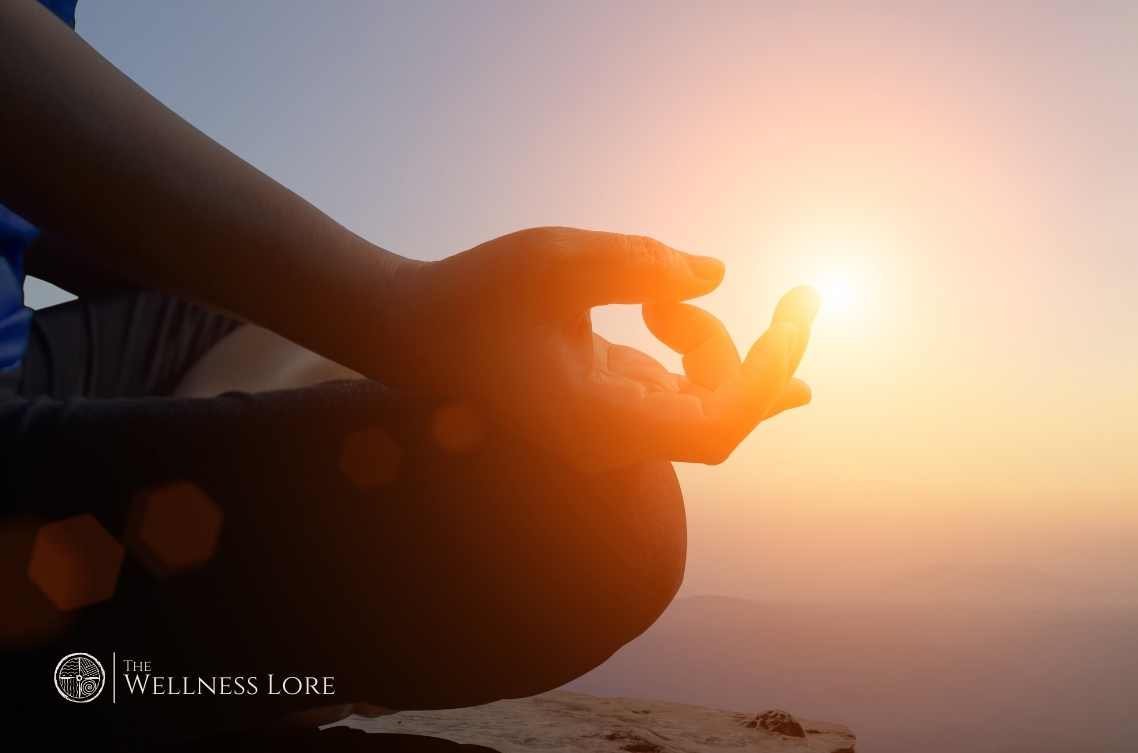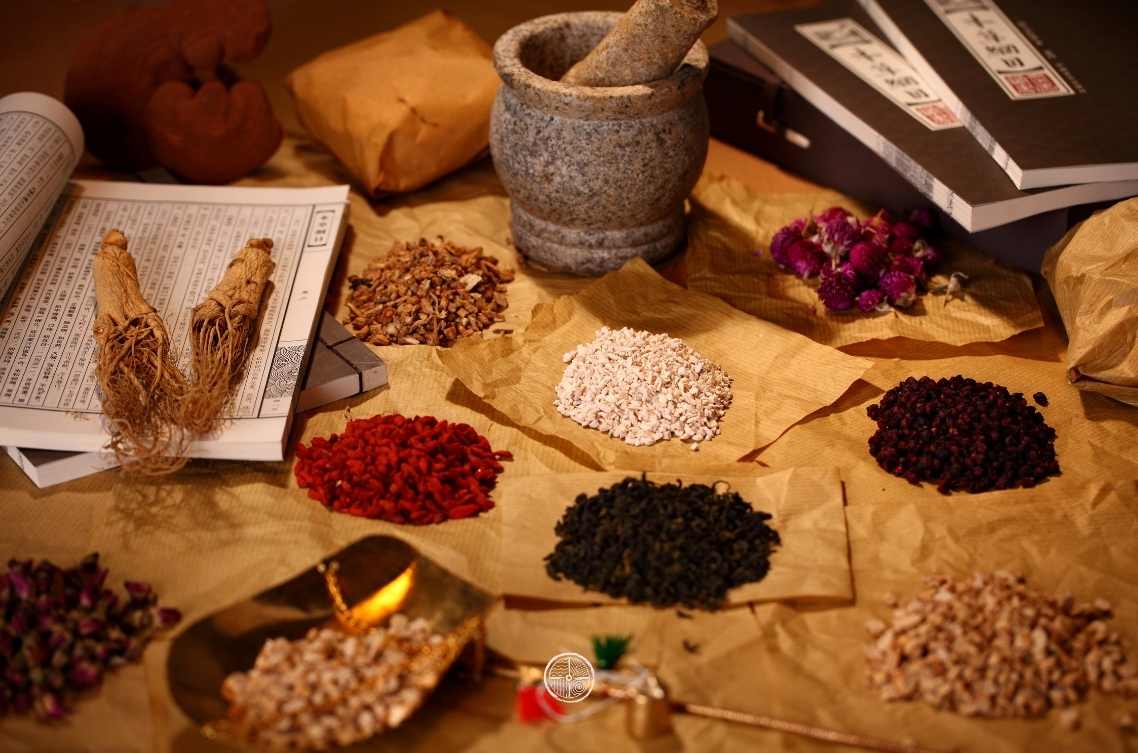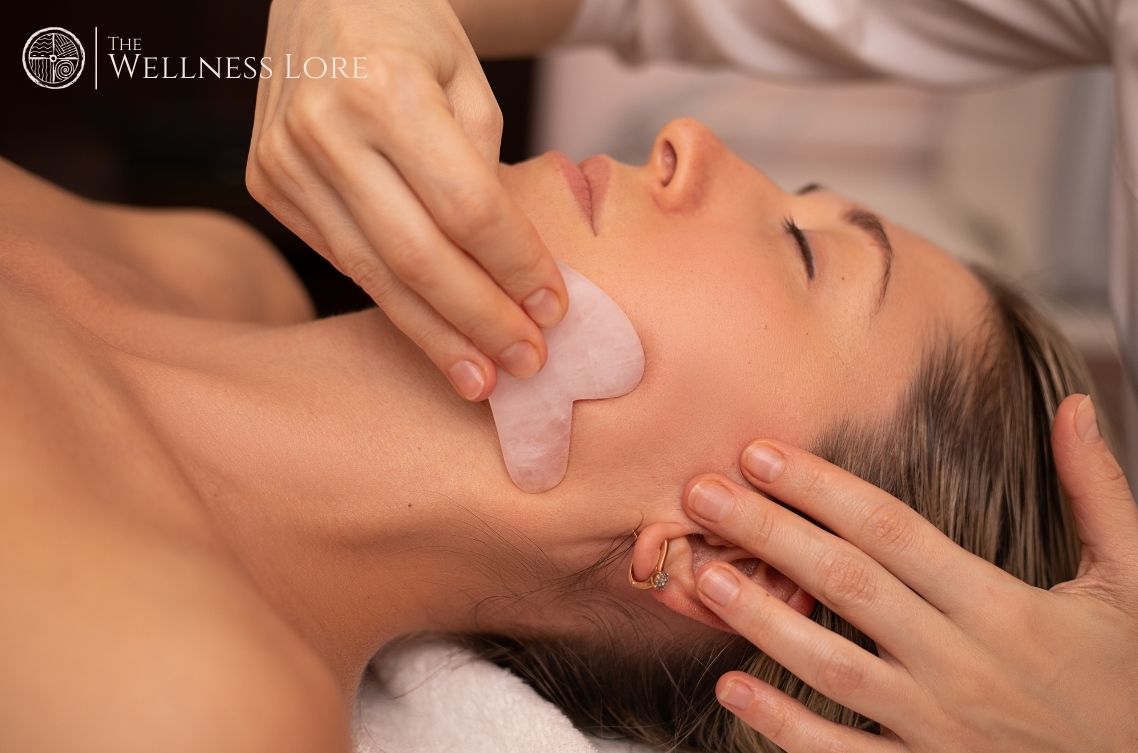The Land Of Rising Wellness

While Japan is world-renowned for its sushi, sake, and cutting-edge technology, they are also recognized for its profound wellness practices. There is a real reverence in Japan for nature and its force and impact on the world, particularly when it comes to wellness. The Japanese have been turning to nature for meditation, inner tranquility, and as a form of healing for decades. These wellness practices emanate from ages of accumulated wisdom, and many are still practiced in Japanese society today. People of all ages practice these wellness art forms in Japan, thereby it’s no surprise that the country has a happy aging population and that the general public can deal with long working hours with more balance and aplomb than we can in the West.
So, how did Japan unintentionally become the poster-child for wellness? Let us explore a little deeper than the country’s fast-living façade. You’ll uncover the mysteries: a long-held heritage of spirituality, balance, purpose, and gratitude for nature’s bounties.
Zazen Meditation
Zazen meditation, which originated in Zen Buddhism and is practised in temples across Japan by both monks and ordinary people, is a unique style of intensely spiritual meditation aimed to quiet the body and centre the mind. The goal of zazen is straightforward: to keep the body quiet, so keeping the mind calm and in a condition of suspended thought. If words or concepts enter to mind, they should not be dwelled on, but rather let to pass without judgement. The practice is profoundly rooted in Buddhist beliefs of connecting with the nature of existence while entirely withdrawing from the material world in order to achieve enlightenment.
Ikigai
While the Japanese notion of Ikigai cannot be properly translated into English, it alludes to “the reason you wake up in the morning.” The name is derived from the Japanese words iki (), which means “life,” and gai (), which means “value.” Many people attribute this reason to work, however the notion of Ikigai encourages individuals to discover value in the small things that add up to allow them to live a happy and fulfilling life.
The ideal method to begin practicing Ikigai is to obtain a pen and paper and jot down your values, hobbies, and skills. Then look at the list to see what overlaps and that cross-section is your Ikigai!
Hara Hachi Bu
A discipline that the Japanese consider essential to their longevity is Hara Hachi Bu, or eating until you are 80% full. This notion stems from traditional Japanese knowledge, which holds that eating until you are only 80% full gives your body the room it needs to digest more effectively, lowering your risk of cardiovascular disease, cancer, and other age-related disorders. This philosophy is practised by many Japanese people throughout the country, particularly those in Okinawa, and may be one of the health practises that enable these islands live such long lives!
Shinrin-yoku
Shinrin-yoku, or forest bathing in Japanese, is simply cultivating mindfulness in nature. This is a type of nature therapy that promotes health and wellness by utilising natural environs. Spending time in woods or other green places has been shown to improve your mood, increase your attention, and even benefit your cardiovascular and immunological systems. Forest bathers connect to nature as their healer, and the practitioner’s personal welfare is likely to increase as a result of awareness and a reciprocal interaction with the natural world.
Wabi-Sabi
Wabi-Sabi is the art of realising beauty in imperfection and all things’ transience. This old philosophy recognizes that there is no such thing as perfection, and hence striving for it is pointless. Rather, sincerity is essential. The beauty of this idea is that it can be applied to everything, reminding us not only that there is beauty in everything, but also that life is cyclical and that everything will return to dust in the end. Instead of being gloomy, this is a delightful discipline that allows for appreciation and acceptance.
Wabi-Sabi practise is as easy as changing your thinking and employing mindfulness to notice the small things around you that are full of beauty. People in Japan combine the practises of Kaizen and Wabi-Sabi by challenging themselves to find beauty in one thing each day.
Kaizen
Kaizen is all about persistent progress, taking modest steps toward larger positive change. Instead of focusing on major goals that may appear unattainable, the principle of Kaizen helps us assess and alter our behaviour to consistently enhance the quality and processes of our actions. This makes change far more possible because we eliminate the mental barrier that so frequently prevents us from adopting change in the first place.
Shukanka
Shukanka, like Kaizen, is the technique of cultivating beneficial behaviours until they become second nature. This is accomplished by repeating small chores with willpower and self-discipline to help you overcome the impulse to stop. Shukanka is not about achieving a certain objective, but rather about incorporating practises into your life that will make you happier in the long run. While it may seem tiresome or time-consuming to put in the effort at first, if these are habits that will make your life simpler or calmer in the long run, it will be well worth it!
Yuima-ru
Another Okinawan ritual is Yuima-ru, often known as “the circle of the people.” The notion is upon the idea of exhibiting unity, compassion, and sincerity for others, regardless of ethnic, cultural, or socioeconomic differences.
Furthermore, the concept refers to having a large circle of good influence to aid you through any personal issues. Yuima-Ru can be practised in a variety of ways, but like with other Japanese health practises, it begins with a mental change. Begin by distancing yourself from the notion that each of us is ‘different,’ and instead concentrate on our shared connections and commonalities. When you acknowledge profoundly within your core that, first and foremost, we are all human, you are far more likely to be able to act from a space of empathy and integrity rather than fear or judgement.
Onsen
For generations, Japanese people have used geothermal water from onsens to help them relax and recuperate from physical maladies, and it now appears that this habit also helps lower your chances of having health difficulties in the first place. Bathing in an onsen’s hot water not only cleanses you of stress and pressures, but also provides room for self-contemplation or, if you’re enjoying a community onsen, connecting with others via thoughtful dialogue. When individuals sit together in an onsen, stripped of their material riches and prestige, they are all equal, allowing for balanced and honest interaction.
Visiting a bath in a Japanese town or hamlet is the most authentic way to experience an onsen. These may be public or private, gendered or mixed, but they will all provide the therapeutic advantages of hot mineral water and physical and symbolic purification.
Onsen Baths are classified into ‘types’ based on their mineral compositions, such as milky sulphur onsens, which are thought to help treat skin disorders and arthritis, anemic-friendly iron onsens, and highly carbonated hydrogen baths. Even if you don’t have a medical condition, there’s nothing more soothing than soaking in a mineral-rich bath.
Jiriki
Jiriki is a Japanese Buddhist term that alludes to self-power. Jiriki, as opposed to Tariki (the other force), assists us in seeing that the only thing standing in our way of ultimate emancipation is ourselves, and that if we can tap into our own strength and truth, we may utilise our own efforts to achieve nirvana. As a result, Jiriki encourages us to employ meditation to connect with our own strength rather than relying on other forces or the truth or testimony of another. Jiriki, which may be performed through yoga practises, self-administered massage, sitting meditation, and chiropractic treatments, is said to help heal chronic pain, remove toxins, balance Qi, and promote overall wellbeing.
Japan has some of the world’s longest-living citizens. It is a country where, in this day and age, wellness does not appear to be a buzzword. It is both a state of mind and a way of life. The basic essence of wellness is the development of people’s well-being, although its expressions are related to cultural conventions and proclivity, as well as local resources. The Japanese believe that there is no wrong path to take on the journey to mind-body wellness, and that there are numerous interesting and inspiring trends in the wellness world to help you get there. Small changes and moments will have a large positive impact on your life.
More Recent Stories



